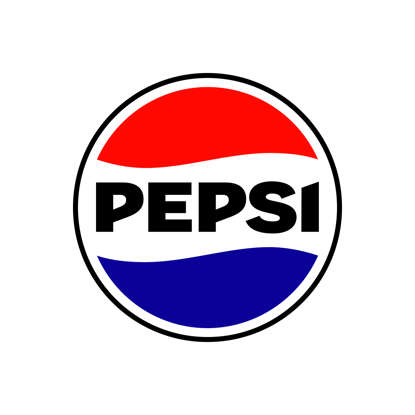Last Updated on February 22, 2025 by Bertrand Clarke
In a significant shift, PepsiCo has announced a major overhaul of its Diversity, Equity, and Inclusion (DEI) initiatives, including the elimination of its Chief DEI Officer role and the discontinuation of specific representation goals in hiring. The move comes as part of a broader corporate trend, with companies across industries reevaluating their DEI strategies in response to shifting political and cultural landscapes.
PepsiCo Chairman and CEO Ramon Laguarta outlined the changes in an internal letter to employees, stating that the company is transitioning away from its current DEI framework to a new approach called “Inclusion for Growth.” This strategy aims to embed inclusion more deeply into the company’s operations, positioning it as a key driver of business growth rather than a standalone initiative.
“As 2025 marks the end of our five-year DEI strategy, we see an opportunity to evolve our approach,” Laguarta wrote. “Inclusion is the responsibility of all leaders at PepsiCo, and we are committed to fostering an environment where every associate has the opportunity to grow, contribute, and advance based on their talent and performance.”
The letter, first reported by conservative activist Robby Starbuck, detailed several changes to PepsiCo’s DEI policies. Among them are the sunsetting of “aspirational representational goals” in hiring and the centralization of employee resource groups (ERGs), which are affinity groups for employees based on shared identities, such as race, ethnicity, or gender. While these groups will continue to exist, their structure and focus will be streamlined under the new strategy.
PepsiCo’s decision reflects a broader corporate trend, as companies like Target, Walmart, John Deere, and Harley-Davidson have also scaled back their DEI efforts in recent years. This shift has been fueled in part by a nationwide backlash against DEI initiatives, particularly following executive orders signed by former President Donald Trump aimed at curbing such policies in the federal government. Trump’s administration also scrutinized private companies for what it deemed discriminatory practices tied to DEI metrics.
Laguarta emphasized that PepsiCo remains committed to fostering an inclusive workplace, albeit through a different lens. “PepsiCo is, and always will be, a place where hard work and performance drive success,” he said. “By embedding inclusion into how we build teams, drive growth, and engage with communities, we are ensuring that PepsiCo remains competitive, innovative, and a great place to build a career.”
The beverage and snack conglomerate’s decision comes on the heels of another notable policy change. In January, PepsiCo announced it would pursue “viewpoint neutrality” in its media ad spending, distancing itself from the Global Alliance for Responsible Media (GARM). The alliance, which aims to combat harmful content online, has been accused by some conservatives of engaging in “collusion” to exclude right-wing media and politically disfavored platforms from advertising opportunities. Abigail Slater, a Trump DOJ antitrust division nominee, has been a vocal critic of GARM, alleging that it undermines free speech.
While PepsiCo’s recent moves have been framed as a step toward greater neutrality and inclusivity, not everyone is convinced. Critics argue that the changes are more about optics than a genuine shift in corporate values. Paul Chesser, director of the Corporate Integrity Project for the National Legal and Policy Center, has been particularly vocal in his skepticism.
“PepsiCo’s decision to roll back its DEI initiatives appears to be more about public perception than a true commitment to change,” Chesser said. “The company’s leadership is likely responding to external pressures rather than making a principled stand.”
Chesser’s organization has filed a shareholder proposal urging PepsiCo to eliminate DEI metrics from its executive bonus calculations, arguing that such practices can lead to discriminatory outcomes. He believes that PepsiCo’s latest announcements are an attempt to placate critics without addressing the underlying issues.
Despite the criticism, PepsiCo insists that its new approach will strengthen its commitment to inclusion while aligning with its business objectives. The company’s leadership argues that by integrating inclusion into its core operations, it can create a more sustainable and impactful framework for diversity and equity.
The debate over DEI initiatives is unlikely to subside anytime soon, as companies navigate the complex intersection of social responsibility, corporate governance, and political pressures. For PepsiCo, the challenge will be to demonstrate that its new strategy is more than just a rebranding exercise—and that it can deliver meaningful results for both its employees and its bottom line.
As the corporate world continues to grapple with these issues, PepsiCo’s decision marks a pivotal moment in the ongoing conversation about the role of DEI in business. Whether this shift will inspire other companies to follow suit—or serve as a cautionary tale—remains to be seen. For now, PepsiCo is betting that its “Inclusion for Growth” strategy will position it as a leader in a new era of corporate responsibility.










